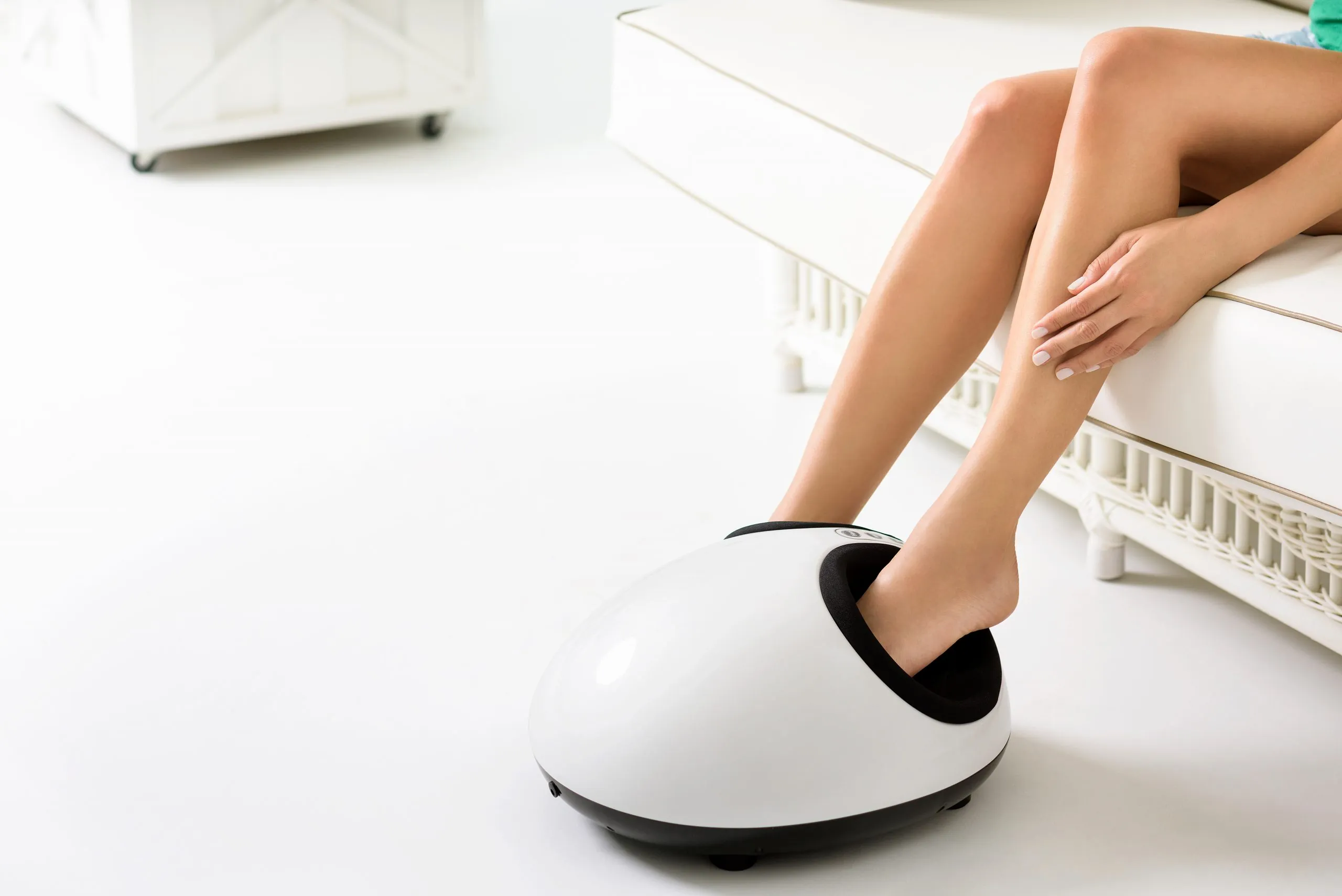Do you have cold feet all of the time, regardless of the season or weather? You’re not on your own. Many people have cold sensations in their extremities, which are frequently caused by a circulation issue. While it is not harmful in and of itself, it might be a sign of a more serious health issue. Learn more about the causes of this ailment and how to deal with it without too much trouble.
Causes and symptoms of cold feet
Cold feet are most commonly caused by poor circulation. So what is the source of poor circulation? There are two possibilities.
The body attempts to preserve its internal heat in order to combat the cold. To effectively feed essential organs like the heart and brain, blood arteries shrink to limit blood circulation to extremities like the feet and hands. This is a perfectly natural physiological reaction! However, some people may develop symptoms such as numbness or tingling in their feet, as well as a change in colour, turning white or blue in some cases. Raynaud’s disease is the name for this condition, which can cause more significant symptoms including pain or burning in the toes. This disease can lead to the formation of toe ulcers if left untreated. To avoid this condition, seek medical advice as soon as possible after seeing symptoms.
Atherosclerosis, commonly known as artery stiffening, is another possible cause of cold feet linked to circulation. In individuals who have this condition, fatty deposits build up in the arteries, narrowing and hardening them. Blood circulation in the limbs is hampered as a result of this. When sitting, the feet turn bluish, and when lying down, they turn whitish. Pain in the calves can also be felt when moving. A medical consultation is required to make a diagnosis and determine a treatment plan.
On the other hand, neuropathy, which is a nerve condition, can also be the cause of cold feet. You may experience numbness or tingling in your feet if this is the case.
Finally, diabetes, smoking, and leading a sedentary lifestyle all have an impact on blood circulation, resulting in cold feet.
Tips and tricks to keep your feet from getting cold
Cold feet are simply a part of some people’s genetic nature. What is the best piece of advice in this scenario? Wear warm socks and good shoes.
People with impaired circulation, on the other hand, should take precautions. Here are some ideas to get you started:
- Nothing beats regular physical activity for promoting blood flow throughout the body. Consider exercising for 30 to 40 minutes a few times a week (walking, cycling, swimming, dancing, etc.).
- When sitting, ensure your legs are extended and elevated. This will help to relieve some of the lower-limb muscle discomfort and exhaustion.
- Do you have any experience with hydrotherapy? It entails soaking your feet in alternating cold and hot water. Begin by soaking your feet in a basin of hot water for a few minutes, followed by a minute in cold water. Repeat the process several times.
- Iron, vitamin B12, and folate supplementation may help to enhance circulation. Supplement advice should, however, be sought from a health professional.
When should you seek medical advice?
Refer to a health expert for advice or treatment if the chilly sensation in your feet persists and becomes increasingly bothersome. This ailment can have a variety of origins, and only a podiatrist can diagnose and treat it. FootNetwork brings together a diverse group of health professionals from all across Quebec to provide you with the best podiatric care possible.

